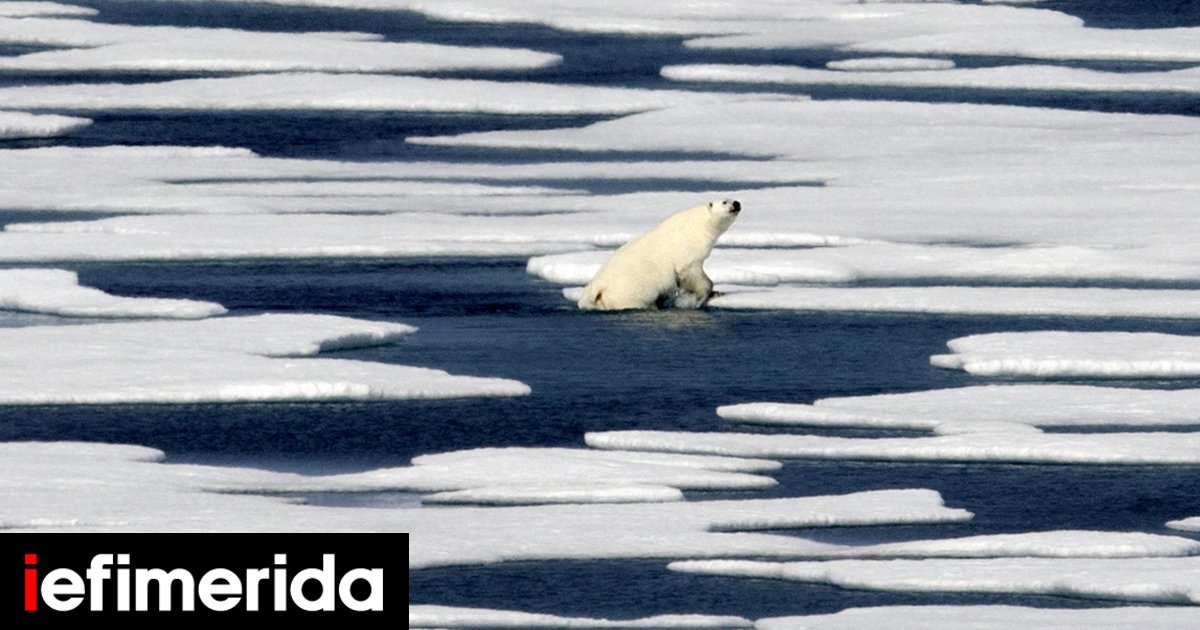
Climate change due to global warming has slowed down the Earth's rotation and may even affect time itself, as a result of which all inhabitants of the planet will one day in the coming years lose a second of their time.
According to a new study published in the journal Nature, rising temperatures have caused ice to melt, slowing Earth's rotation, which sets the hours and minutes that dictate our days.
Because we will waste a second of our time in the coming years
This, in turn, could prompt relevant timekeeping agencies to deduct one minute from our clocks. If this seems small, it can nevertheless have a significant impact on computing systems. As CNN reported, many seconds have been added over the years, but after a long trend of slowing down, the Earth's rotation is now accelerating due to changes in its core, and for the first time a second will have to be removed.
“An additional negative second has never been added or tested, so the problems it could create are unprecedented,” Patricia Tavella, a member of the Time Division at the International Bureau of Metrology and Metrology in France, wrote in an article accompanying the study.
But exactly when that will happen is affected by global warming. The study found that the melting of polar ice delays the extra second by three years, moving it from 2026 to 2029.
Melting ice affects the Earth's angular velocity
As study author Duncan Agnew, a geophysicist at Scripps Institution of Oceanography at the University of California San Diego, explains, melting ice at the poles affects where Earth's mass is concentrated. This change, in turn, affects the planet's angular velocity. As the ice melts at the poles, mass around the Earth's equator increases, affecting the planet's rotation.
“What happens as the ice melts is that the solid frozen water in areas of Earth like Antarctica and Greenland melts and transports the liquid to other parts of the planet,” said Thomas Herring, a professor of geophysics at the Massachusetts Institute of Technology (MIT), who was not involved in the study. The new study, according to NBC News, says water is flowing farther toward the equator.
“It's impressive, even for me. [Οι
άνθρωποι] We've done something that measurably changes how fast the Earth rotates. “Unprecedented things are happening,” Agnew said.
It should be noted that the Earth's rotation has been slowing down for millions of years. About 70 million years ago, days were shorter, lasting 23.5 hours, according to a study in paleontology and paleoclimatology.

“Total alcohol fanatic. Coffee junkie. Amateur twitter evangelist. Wannabe zombie enthusiast.”





More Stories
Apple: iPhone alarm clock issue leaves thousands of users awake
It even predicts an asteroid impact on Earth
Rumor: We learned how much TeraFLOPS power the Nintendo Switch 2 will have!